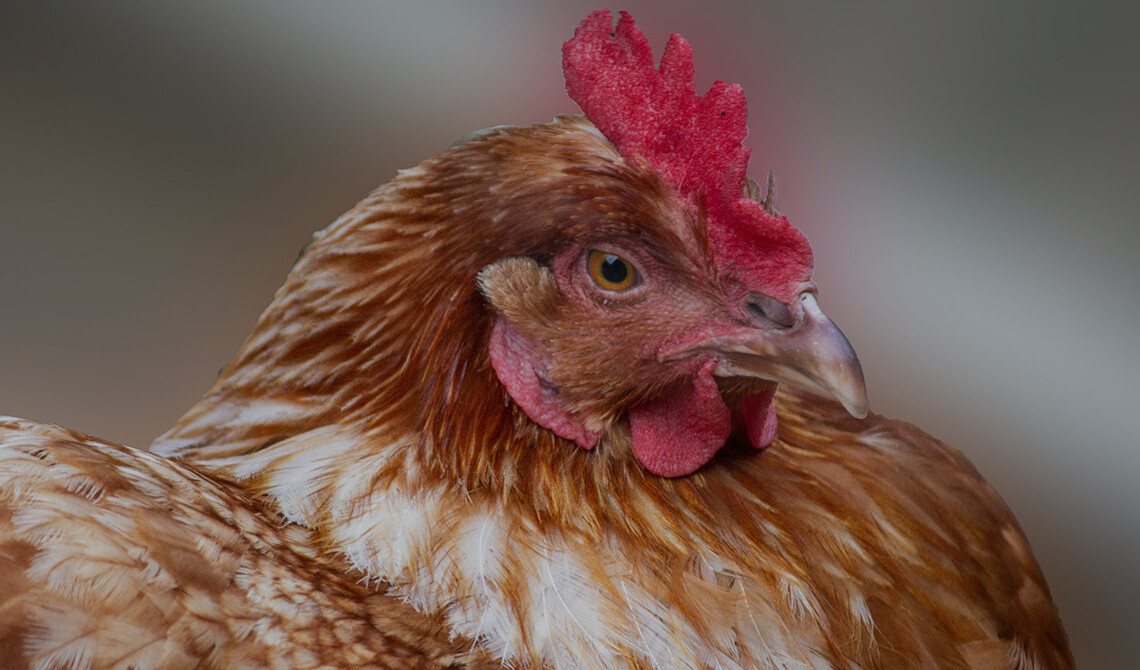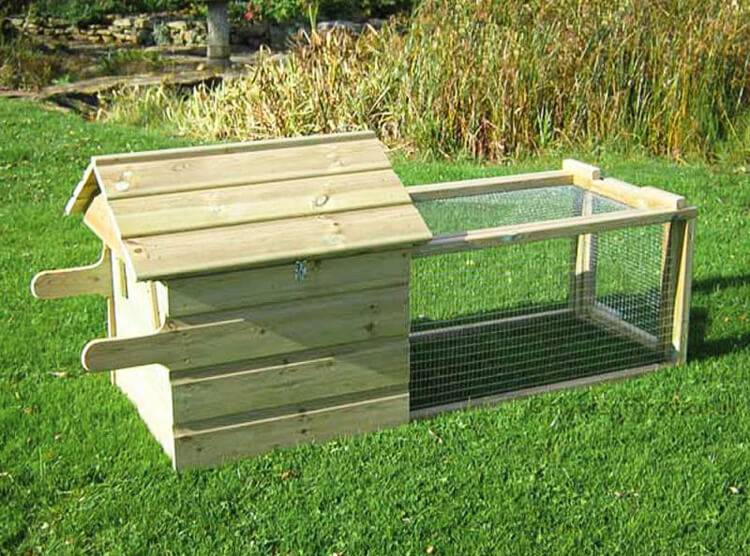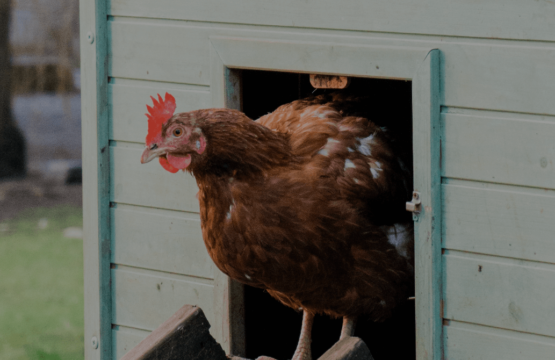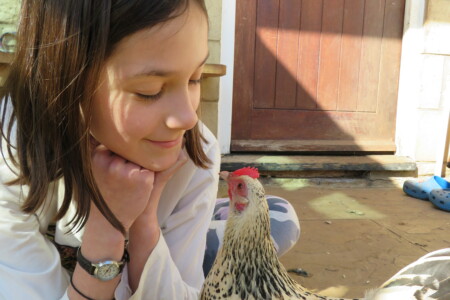Betsy’s guide to managing broody hens

A hen is called “broody” when she is ready to hatch out some chicks. It’s not a voluntary decision, it’s caused by a hormone that is released when the weather conditions improve at the onset of spring… but it can happen at any time in reality.
Why does broodiness matter?
If your hen becomes “broody” she will stop laying eggs… and prepare to have chicks. So if you don’t want a tiny little flock running around, it’s best to recognise the signs!
They will also eat a lot less as they think that they can only leave their nest for a short time to feed or drink. This can lead to quite dramatic weight loss and may cause health problems.
A broody hen can be a really positive thing if you want a natural incubator to hatch out your own chickens. Bear in mind that you will need a cockerel if you want fertilised eggs or you can buy fertilised eggs on the internet (eBay) or at poultry auctions. Roughly half of your chicks will be male so make sure you have a plan for that eventuality. You can’t really have more than one cockerel or they will probably fight and hurt each other, or your hens.
If you want to have a broody hen incubating eggs then you might want to invest in a broody coop. This is a small coop that is low to the ground where she can nest quietly by herself, uninterrupted. Put some food and water nearby so that she feels able to eat and drink without concern. The broody coop normally has a small enclosed run attached so that when the chicks hatch out they can be kept safe and close to mum. Here’s an example, available on Flyte so Fancy.

How to recognise broody hens
You can recognise broody hens by observing several behaviours:
- Do a head count in the morning, did everyone rush out? Check the nest boxes for any stragglers. They may be laying an egg or exhibiting broody behaviour.
- Broody hens will fluff themselves up and can become quite aggressive, squawking if you or another chicken comes near.
- If she lets you put your hand underneath her, she may wriggle around and try to make her “chick” (your hand) as comfortable as possible.
- Your hen will take over a nest box all for herself! This can be a problem if you only have one nest box or more than one broody hen.
- Broody hens might pluck out their own chest feathers so that the warmth of their skin is closer to the brood. If this is the case, look out for additional feathers lining the nest.
- Broody hens might lose a lot of weight as they will only occasionally head out to eat or drink.
When do chickens go broody?
Chickens are unlikely to go broody in their first year and most likely to be broody through the most fertile times of their lives. You can’t quite predict when a chicken might go broody, but it’s least likely in winter (when hatching chicks would probably die) and most likely in spring (when food is plentiful and it’s getting warmer). Chickens can turn broody several times a year, you just have to keep an eye out for it.
Fun fact: Modern hybrids (or commercial breed hens) have had their broody traits mostly bred out of them. Other traditional breeds have different propensities toward broodiness.
How to stop a hen from being broody
If you do have a broody hen then she might just break out of her broodiness by herself. A period of broodiness may last just 21 days (normal incubation period) or she might get bored sooner. Sometimes you might like to hurry her along and this can be a bit of a battle. You’re fighting against natural behaviours and hormones.
All that said, prevention is better than cure. Sometimes the presence of eggs might kick in their broody instincts, so remove them as soon as you can.
Here are some other ideas that you could try:
Distraction techniques
Take her out of her broody area. Sometimes she just needs a bit of a gentle shake to wake her out of her zombie-like trance. Quite often the broody chicken will just run straight back into her broody area to settle down again. So you could try taking her out at the same time that you put your feed out. If the flock is eating, and she is hungry, then this might encourage her to stay and eat.
At other times you can distract her with some treats, then add a few more and just keep her occupied for a while. Scatter some treats over the ground and she may start to scratch around for them. This might be enough to get her to forget what she was so occupied with before. If not, you need another plan.
Nighttime tactics
If you take her out of her broody spot at night and stand her on a perch it will be too dark for her to see her way back to her nest box. By the morning she might have forgotten all about it. Also by being on a perch her elevated body temperature might have come down and this helps to reduce the inclination to be broody. If this didn’t work, let’s try another tactic!
Nest removal
If you remove all the bedding from a nest box your chickens will still lay there, but they wouldn’t want to raise chicks there. They would get too cold so your chicken might just abandon the idea altogether. Another plan would be to have some kind of grid, like a kitchen cooling rack, in the nest box which would also serve to elevate the chicken off the floor and would cool her down. Sometimes even this won’t phase a stubborn and determined hen.
Cooling down
One method that seems to have a high success rate is to try to cool her down. Fill a shallow tub with cold water and hold her in it so that just her back (and head) is out of the water. Keep her there for between 5-10 minutes. Don’t try this if it’s too cold outside!
Coming out of broodiness
Once your chicken has broken out of her broodiness it may still take a couple of weeks before she starts laying eggs again, so be patient and prepared to repeat the process if she gets broody again.
Did you like this blog?
Check out the rest of our educational series:
Betsy’s guide for transporting your pet chickens to a chicken hotel
Training your pet chicken to recognise its name
How to stop your pet chickens eating their eggs
Got some little chicks on the way?
Why not get our free naming guide with 100’s of hentastic names! You can download it here.






